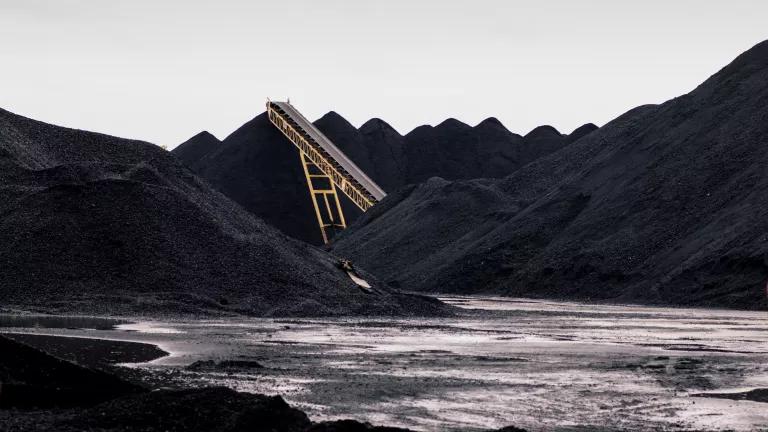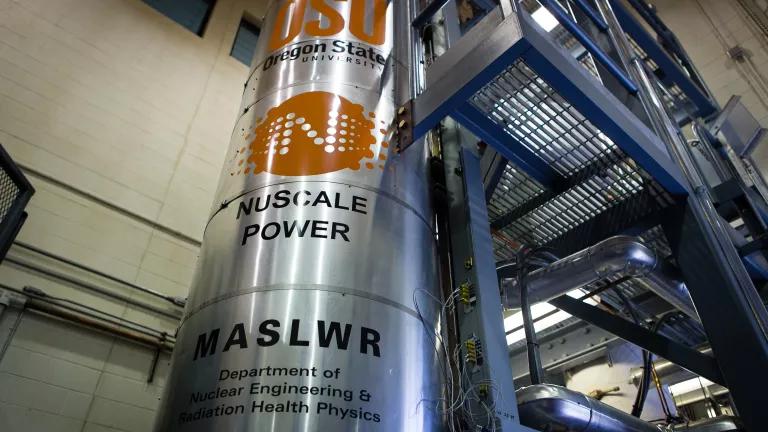The boreal forest in Northern Canada lies atop massive tar sands deposits that are roughly the size of Florida. Crude oil produced from these tar sands is one of the world's dirtiest and most environmentally destructive sources of fuel. Today, energy companies in Canada are actively developing this dirty fuel and have plans to triple production in the coming years. As tar sands is strip-mined and drilled from beneath the boreal forest of Alberta, Canada, greater volumes of tar sands-derived crude oil will be transported through North America's communities.
With more tar sands flowing through pipelines, moving on railcars, and being processed at refineries, there is mounting evidence that people and communities in the vicinity of tar sands activity face substantial health and safety risks. This report highlights a growing body of scientific research, and news reports about people directly impacted, showing that serious health risks and problems are arising all along this tar sands network, from northern Canada to refineries in California, the Gulf Coast, the Midwest and the Rocky Mountains, as well as from accidents and spills. Despite this deepening danger, to date, state and federal governments have done too little to address this threat to the public's health.
This report is based on a review of recent scientific research looking at the potential impacts on human health that are associated with tar sands oil. The Natural Resources Defense Council undertook this effort out of concern about the growth of tar sands development and because tar sands oil is dirtier than conventional oil, and thus poses a greater risk to public health.
Today, people who live near tar sands strip-mining, drilling, and processing operations in Canada face health risks from additional air and water pollution, and there are reports of an increasing incidence of cancer. Transporting tar sands on rail and through pipelines pose other threats to public health, as do tar sands oil spills and the refining process. Not only does refining of tar sands increase hazardous air pollution, it also produces an especially dirty, carbon-intensive byproduct known as petroleum coke, which is often burned in a way similar to coal. Taken together, the myriad health threats from tar sands development, transportation and processing are far more significant than policymakers and governments have acknowledged to date.



